Managed IT and Cybersecurity
Helping Your Business Succeed with IT
Customized IT solutions that support your business. Partner with us to drive innovation, optimize performance, and achieve your business goals with confidence.






Improve Your Business Operations with slashBlue
Solve IT problems FAST with friendly help desk support
Strengthen your security with comprehensive cybersecurity
Improve productivity with your customized slashBlueprint
Budget better with predictable purchases with Buyers Club
Make informed IT decisions with vCIO advisory services
Protect Profits & Reputation
Cybersecurity goes beyond shielding your company from unexpected downtime—it's about safeguarding your hard-earned reputation. A breach can shatter trust, a recent Centrify study revealed that 65% of data breach victims lost faith in the compromised organization.
Protect current revenues and client relationships
Defend your business's reputation with clients, vendors, and employees
Grow revenues with the proper security in place by gaining entry into new markets






Our Proven Process

Listen
We LISTEN for the business need, gather data, insights, and understanding and align that with your PURPOSE.

Craft
We CRAFT a solution that fits your business need and PURPOSE. We ensure our solutions are easy to use and work for your staff and clients.

Transform
We leave your business, employees, and clients TRANSFORMED. We don’t simply deliver a solution, we aim to change the way you work for the better.
slashBlue IT Services

Managed IT
Keep all your systems up and running for less than the cost of internal IT.

Cybersecurity
Secure your company from threat actors and understand where you are at risk.

vCIO & Consulting
Make better technology decisions with a plan and support from our experts.

Help Desk Support
Receive fast friendly support from our dedicated team of tech's you know by name.

IT Procurement
Save 20%+ in total on software and hardware purchases. We also show you where to eliminate low value tech.

Change Management
Keep all your industry specific applications up to date and keep all your staff on the same version.
Loving Our Customers... by the Numbers
Our Principles of Love Customers, Actively Listen, Eliminate Complexity, and Keep Promises are evident in everything we do.

Net Promoter Score
Our client's score us more than double the industry average of 45 for technology services.

employee Net Promoter Score
Our staff is happier which means your staff will be happier. We want everyone to experience joy in their work.

Average Client Growth
Increasing technology maturity supports company growth. Our architecture and engineering clients enjoy 21%+ YoY increases in revenue.

What Our Client's Say

Matthew F.
slashBlue behaves in a way that makes me feel their biggest concern is our success, not theirs.

Joel D.
So many people see IT support as a roadblock and not problem solvers. Every time I hear this, I just smile inside thinking that [before slashBlue] we used to be that way too. slashBlue has definitely changed that for us. Thank you, slashBlue!

Abdel E.
SlashBlue representatives are very responsive, professional, and polite. I enjoy working with them

Faith I.
Great customer service - always above and beyond expectations.

Charlene E.
Always timely response with clear instructions about what to do next.

Matt M.
There are very few vendors I consider true partners. Others are only service focused, but slashBlue is strategy focused. Together we sit down, strategize and brainstorm…and get results. They are part of our leadership cabinet.






We Start with Purpose
You’re a leader with vision for a better future for your business, employees, clients, and life.
You have an idea of where you want to go, but you’re unclear how technology can help you get there. The problem is you don’t have anyone on your team that really knows technology, understands your business, and can match technology maturity with the business value.
We are that partner, providing IT Advisory Services to help illuminate your path, Managed Services to keep all your technology and systems up and running, 24/7 support for when you need help, and Comprehensive Cybersecurity to protect your business, people, and profits.
On-site support
24/7 Help Desk
IT Consulting
Cybersecurity
Co-managed
Complete IT
Interested in Learning More
Let's schedule a time to talk







© 2024 slashBlue - All Rights Reserved,
3673 Lexington Ave N, H-2 #334, Arden Hills, MN 55126
